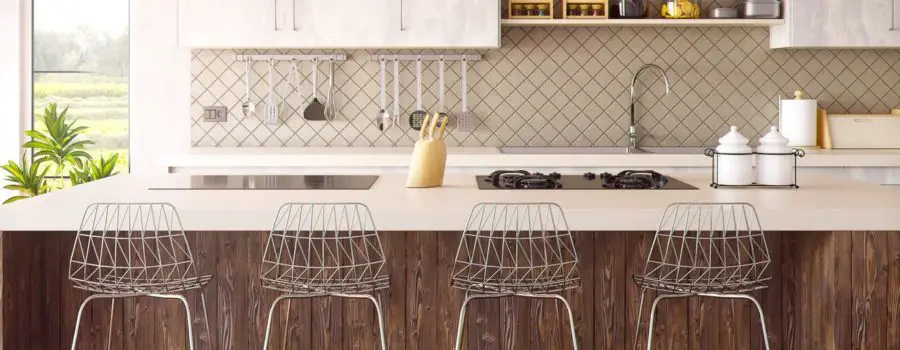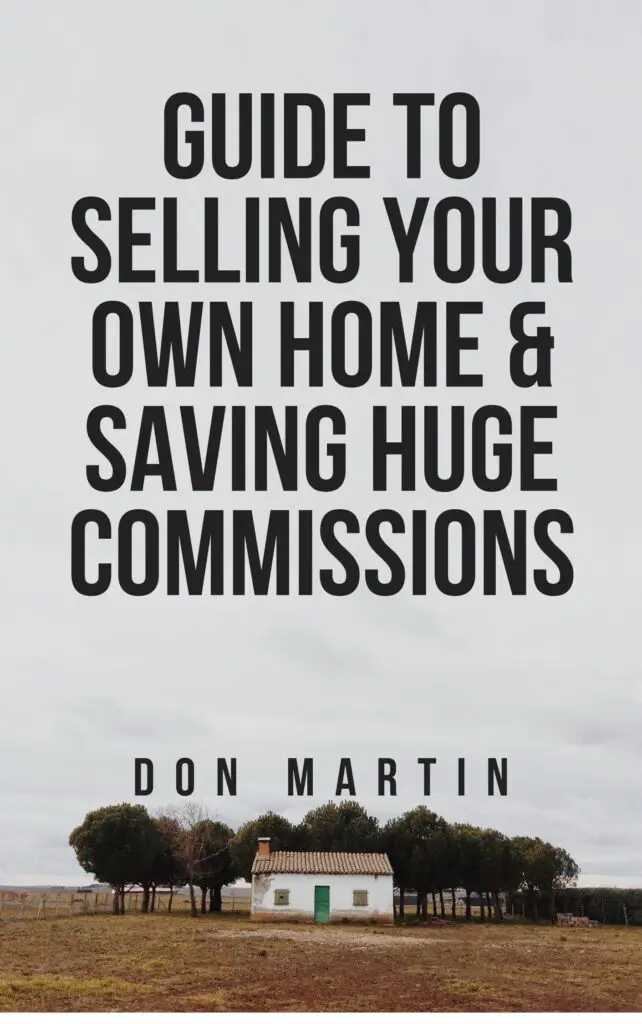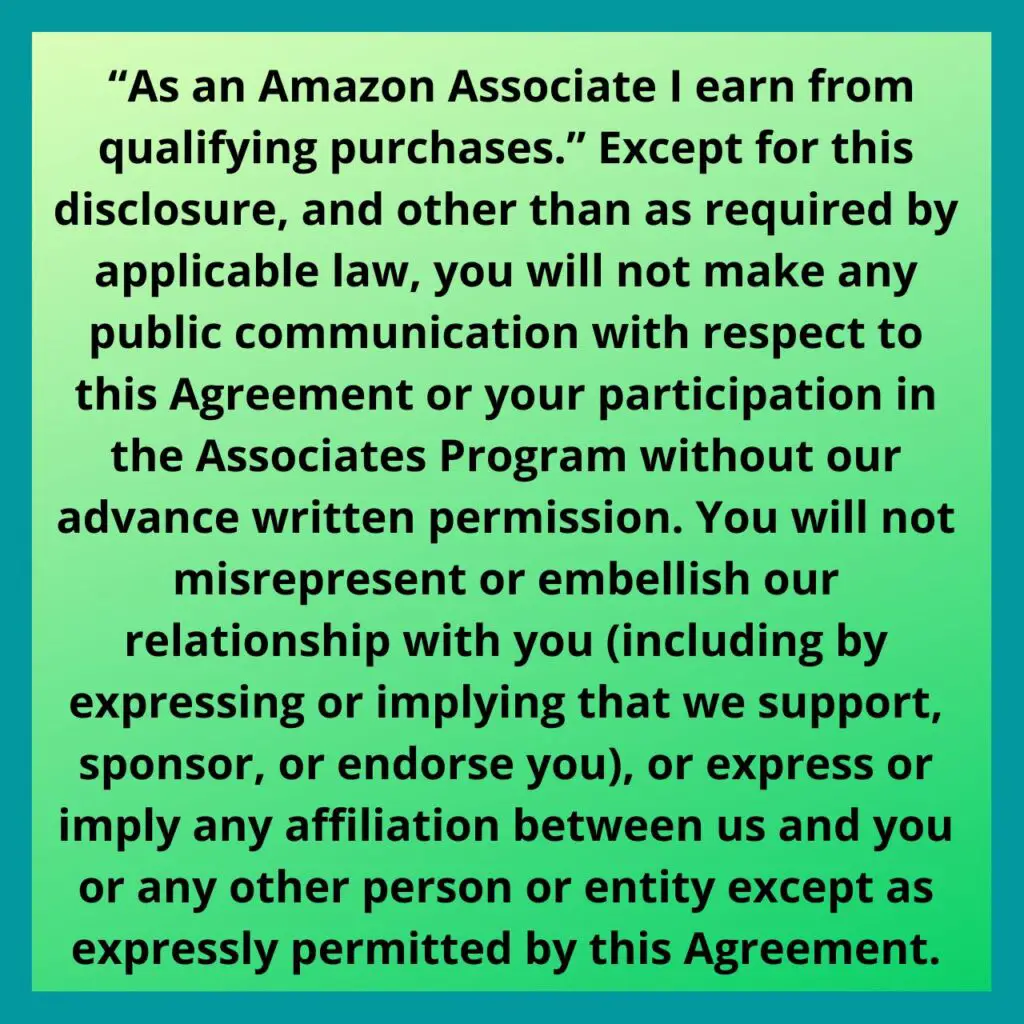How to Acquire, Prepare, and Manage Your First Rental Home
Rental properties are almost always in high demand. When the real estate market is busy, people turn to rentals when relocating or as a place to live before their dream home comes to the market. When things are slow, people tend to avoid making major purchases, such as a home, and stick to a less life-changing financial arrangement, like signing a one-year lease instead of a 30-year mortgage. If you are ready to make your mark in the rental industry, there are things you should know before you begin.
Selecting Your Business Type
A final step before your rental property business will be legal is selecting a business structure and registering it as a legal business entity with your state. Top considerations for selecting from the 12 entity types recognized often include the amount of protection for you as the business owner, flexibility in operations, and ease of the business registration process. Although the rules vary by state, many property owners choose to register as an LLC to protect their assets.
Mortgage Matters
The first thing you should consider before you even start looking for a rental is money. Specifically, you should sit down and evaluate your savings and current income flow. Unlike a traditional mortgage, a rental property does not qualify for private mortgage insurance. This means you will almost certainly have to put at least 20 percent of the purchase price down. On a modest, $200,000 property, that is at least $40,000. This does not include closing costs or the expenses associated with preparing the property for long- or short-term rental.
As a general rule, you’ll find the best properties by working directly with a realtor. They can help you quickly identify potential income-producing properties and weed out properties that look good on paper only.
Preparing for Market
When you do find a dwelling, it’s usually not enough to buy it and put a “For rent” sign out in the front. There are things you’ll need to do to make it safe and marketable.
First, evaluate the safety of the property. It’s best if it’s brought up to current code standards, which may require a few upgrades. Start with the home’s major systems. You may need to have the electrical outlets and light switches replaced if the current ones are not grounded correctly, for example.
A way you can help to support a small business! CLICK HERE!
Once the safety issues are rectified, invest in aesthetic upgrades, which will attract a higher-paying clientele. Landscape the front and back lawn, if applicable, and fix any annoying nuisances, such as cracked tiles or moldy caulk. You also make your property more marketable by making minor updates to the kitchen. This might include anything from painting the cabinets to adding modern appliances.
Next, go ahead and have the HVAC serviced and spray for pests (pest control services cost $211 on average). Consumer advocate Clark Howard asserts this might save you on tenant hotel costs later down the road if an infestation is found after your renters move in.
Management
Now that your property is ready, there is one last step before listing it, and that is to get your management strategy in place.
If you have an attorney, ask them about drafting a rental agreement to ensure that there is no confusion and that your rental terms comply with local and state laws. This document should touch on everything from the tenant’s responsibilities – lawn maintenance, adherence to laws, etc. – to what amenities are available for their use. For example, if your property is in a condominium unit, your agreement should note specifically whether renters have access to things like a pool and community spaces.
If you have never managed a property before, you may also want to contact a local realtor or property management firm to handle the day-to-day operation.
This is just a basic rundown of the steps you should take before becoming a landlord. It’s not meant to cover every possible circumstance. If you still have further questions, contact your real estate agent, who can fill you in on the details and help you master the nuances of buying and managing rental properties.
Image via Pexels
Tap or click HERE to join our new start-up YOUTUBE Channel!
100 informative & entertaining videos so far (all short, none long)
and adding more weekly!
Get awesome content straight to your inbox. Click or tap here!
(This post may contain affiliate links, which means if you click, or make a purchase by clicking on them, I may receive a small commission, at no additional cost to you, that will help me continue to bring you valuable content. To that end, not all of the items on this page are affiliate links, as that is not a requirement to be on this page. Thanks for your support!)
We are a participant in the Amazon Services LLC Associates Program, an affiliate advertising program designed to provide a means for us to earn fees by linking to Amazon.com and affiliated sites.
Please let me know if you want more info about any specific topics.
Tap or click HERE to join our new start-up YOUTUBE Channel!
100 informative & entertaining videos so far (all short, none long)
and adding more weekly!
Disclaimer | Privacy Policy | Terms of Use













